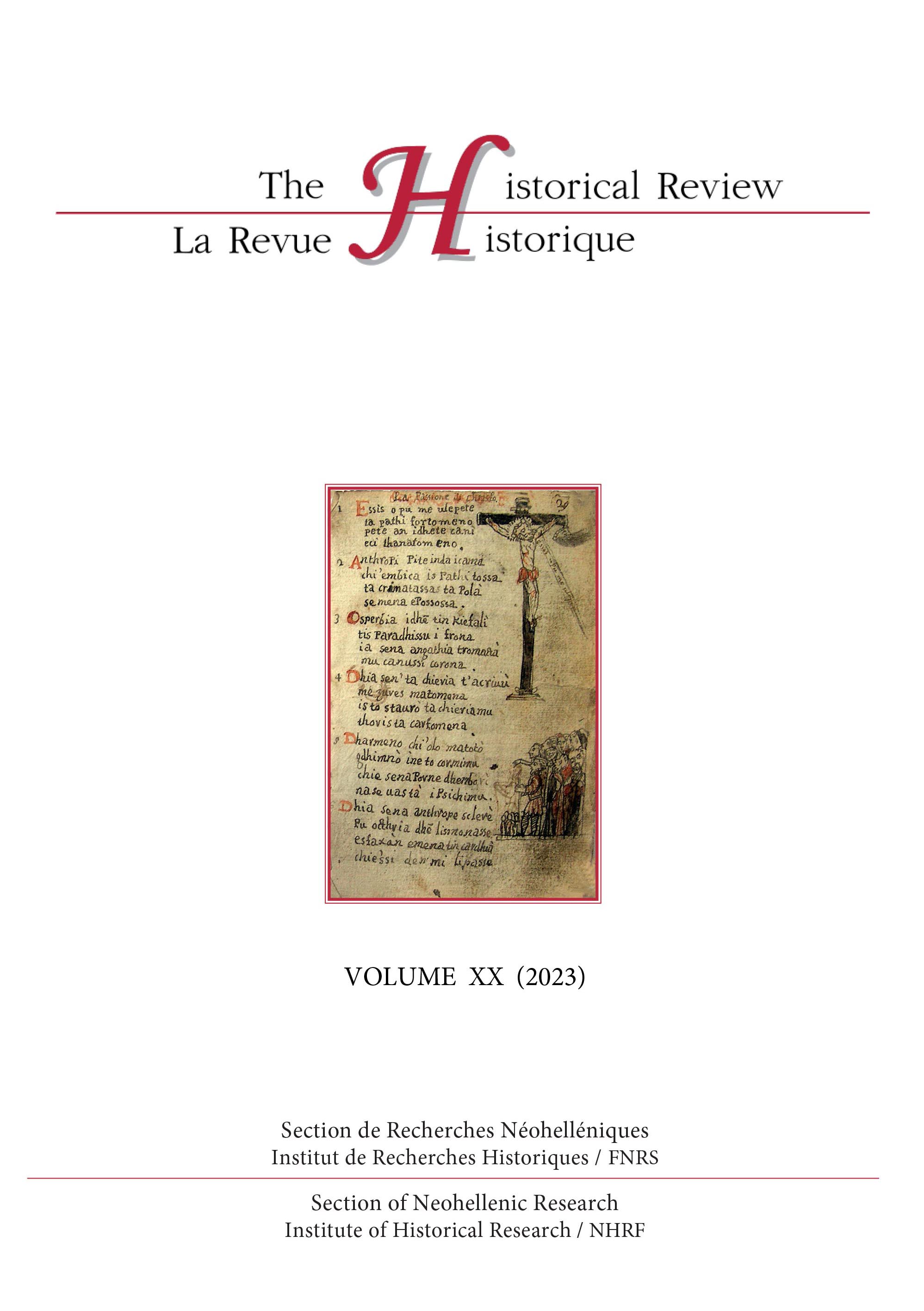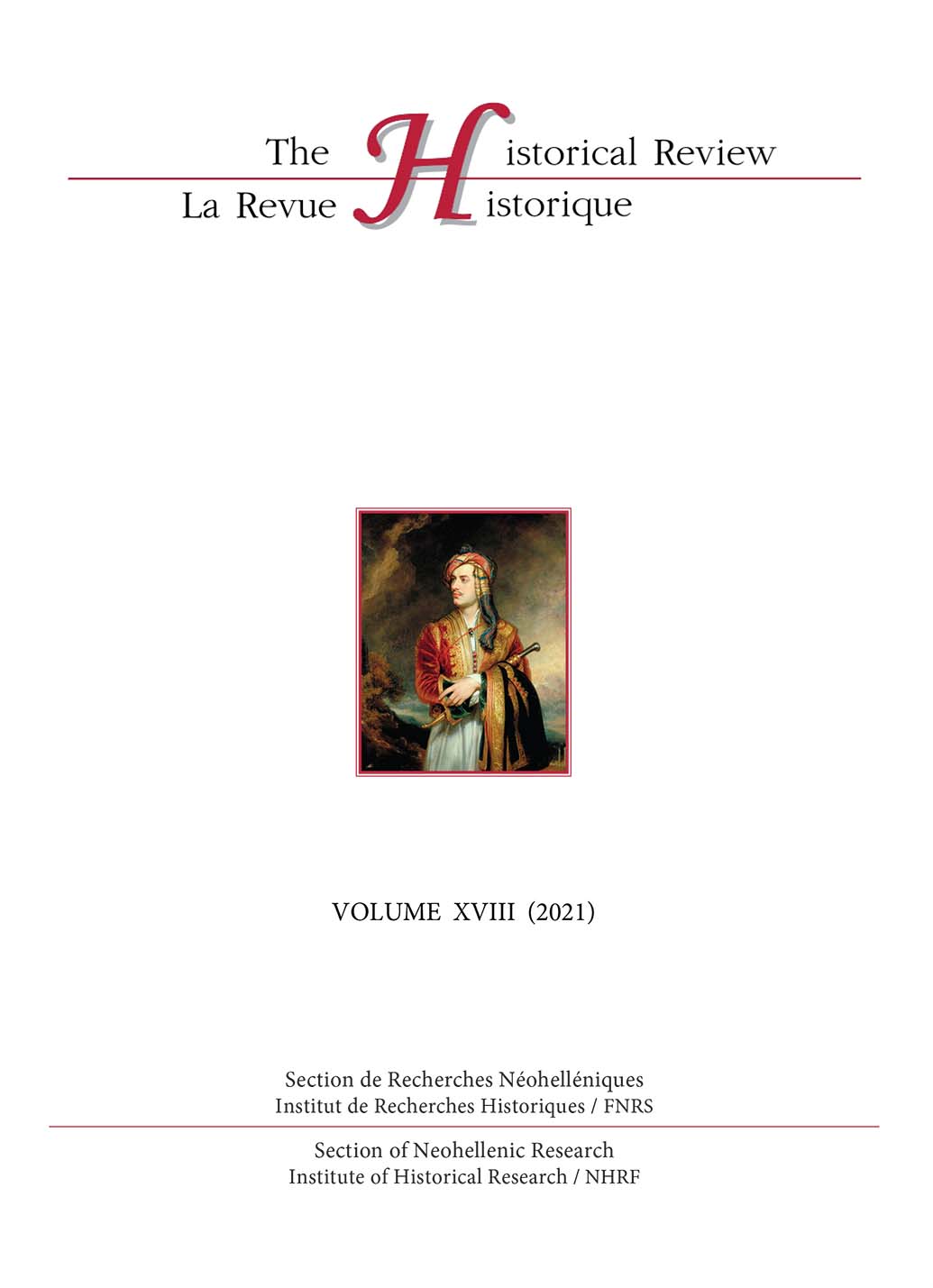The Great Church in the Sixteenth Century Challenge Management and Politics

Abstract
The Early Modern period was a period of dense religious developments in Western Europe, which contributed to major historical events (Reformation, Counter-Reformation, Thirty Years’ War). Throughout this period, religious identity was also particularly crucial for the Orthodox Christian populations living in the East within the Ottoman Empire, where the predominant agent of religious relations was the patriarchate of Constantinople (the Great Church). Since its re-establishment in the beginning of 1454, the patriarchate’s mission comprised the ecclesiastical administration of the empire’s Orthodox Christians, along with the preservation of their faith; at the same time, the patriarchate had to fulfil its political, financial and institutional obligations towards the Ottoman state. Therefore, the patriarchs usually had to decide on multidimensional issues, which repeatedly posed new challenges to the Great Church. This article examines the entangled nature of patriarchal actions and reactions to specific issues that emerged during the sixteenth century.
Article Details
- How to Cite
-
Evangelou, Y. (2025). The Great Church in the Sixteenth Century: Challenge Management and Politics. The Historical Review/La Revue Historique, 20(1), 277–292. https://doi.org/10.12681/hr.40067
- Section
- Articles

This work is licensed under a Creative Commons Attribution-NonCommercial-ShareAlike 4.0 International License.
The copyright for articles in this journal is retained by the author(s), with first publication rights granted to the journal. By virtue of their appearance in this open access journal, articles are free to use with proper attribution in educational and other non-commercial sectors. The Historical Review/La Revue Historique retains the right to publish papers that appear in the journal in collective volumes published by the Institute for Neohellenic Research/National Hellenic Research Foundation.
Sample acknowledgement: Reprinted with permission from the author. Original publication in the The Historical Review/La Revue Historique www.historicalreview.org
This work is licensed under a Creative Commons Attribution-NonCommercial-ShareAlike 4.0 Greece License. To view a copy of this license, visit http://creativecommons.org/licenses/by-nc-sa/4.0/ or send a letter to Creative Commons, 543 Howard Street, 5th Floor, San Francisco, California, 94105, USA



